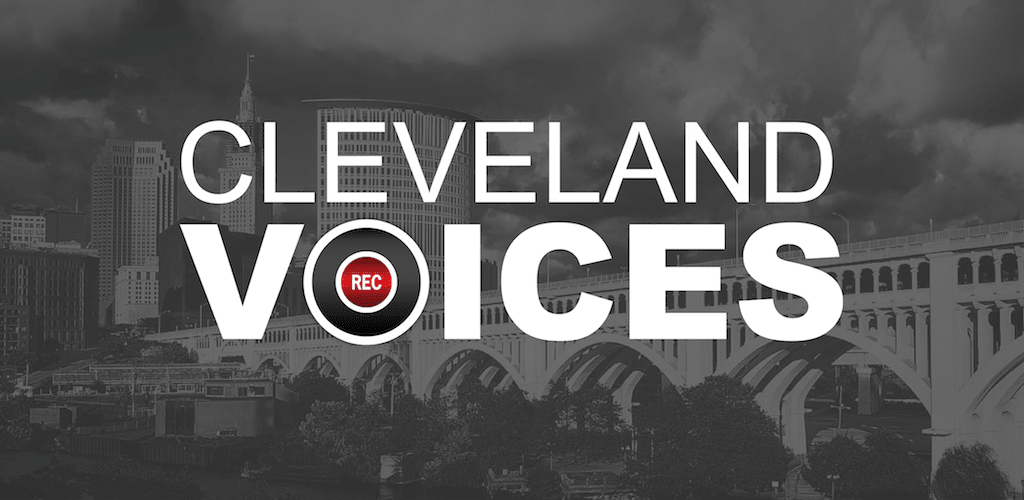This project is now in update mode. Check back regularly to see how things are progressing.
Transcribing Oral History in 2020
CLEVELAND VOICES is a project of the Center for Public History + Digital Humanities, a grant-funded research unit in the Cleveland State University Department of History. Audio is housed in the Cleveland Regional Oral History Collection, an archive of more than 1,100 interviews collected since 2002. It represents the labor of students, faculty, and staff in the CSU Department of History and the perspectives of individual interviewees. In total, nearly 1,300 participants have contributed to this living collection.
The technology of oral history has changed over the decades. Just as we've transitioned from analog cassette recorders to digital recorders (and even smartphones), we are now transitioning from an era in which transcription was often prohibitively expensive to one in which artificial intelligence can do most of the heavy lifting. Traditional transcription involved typing everything by hand; one hour of audio could often require up to 10 hours of transcription labor, depending on one's listening and typing skills. Today, machines using artificial intelligence can generate a full transcript in minutes. But... computers can't solve all of our human problems. AI-generated transcripts are still somewhat error-prone and require the knowledge of content experts to review and revise the work, fixing spelling and grammatical errors, adding speaker labels and other metadata, and more. This process, while significantly faster, still takes at least a couple hours.
To date, all of our interviews have been logged and abstracted rather than transcribed. This gave researchers a head start in finding what they needed in each recording. It wasn't ideal, but it fit in our budget. The move to full transcription has a number of benefits. Most importantly, it makes audio content more accessible to the hearing-impaired. That includes not just the deaf, but also the approximately 15% of American adults with hearing damage and age-related hearing loss. Further, transcription makes audio content more findable. With full-text search on clevelandvoices.org (as well as via search engines like Google), researchers will be able to find content that was previously invisible because it wasn't deemed critical to the log or the abstract. Even better, we've redesigned the Cleveland Voices website so that users are just a single click away from listening to specific passages of the interview as they read along.
We're so excited to begin this new phase for Cleveland Voices and the Cleveland Regional Oral History Collection. We'll be hiring CSU's top history students (as well as recent grads and other local experts) to make sure our transcripts are of the highest quality. The work won't be easy or fast, but some things are worth the extra effort.
Thank you for your time and generous donations. We can't do it without you!

$1,050
Aviator
Sponsor the entire International Women’s Air and Space Museum series (21 interviews)
$1,250
Artist
Sponsor all Cleveland Artists Foundation content from the following series: Each in Their Own Voice: African American Artists in Cleveland, 1970-2005 (18 interviews) and WPA Art in Cleveland (7 interviews)
$2,750
Gardener
Sponsor the entire Cleveland Cultural Gardens series (55 interviews)


